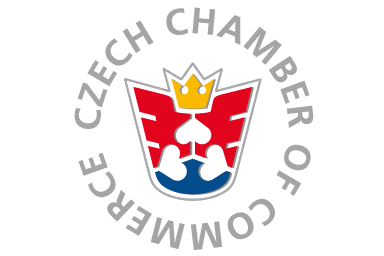Czech Business Today
Services Directive’s implementation still very poor in 8 Member States!
By the end of 2009, Member States had to fully implement the Services Directive aiming to boost cross-border trade in the services sector, accounting for around 70% of EU GDP. Points of Single Contact (PSCs) have been designed to help businesses trading abroad to cope with administrative procedures and requirements, in a simplified way.
Many challenges such as delays in legal procedure (screening not completed, laws not adopted for legal or political reasons), operability of PSCs and their interconnection, non-completion of formalities, language barriers and insufficient awareness-raising persist in the numerous Member States. The Services Directive requires all Member States to lift legal and administrative barriers to the establishment and provision of services from abroad. According to a EUROCHAMBRES survey only 9 Member States out of 27 have implemented the directive well, 9 moderately and 8 poorly. The Czech Republic was rated as one of the 9 good ones as it finished the transposition and set up the PSCs before the deadline.
Czech PSCs are based on a well-established infrastructure of 15 Trade Licence Offices in the regions and on a no. 1 business portal www.businessinfo.cz. The biggest challenge of the system will be the updating of information and keeping qualified staff. Czech business community is happy with the implementation of the Services Directive but the whole system can be efficient only if the other Member States take the implementation as seriously as the Czechs.
On 4th February, Members of COREPER, high-level representatives of Member States, representatives of European and national business associations, European regions and Members of European Parliament convened to share and discuss their experience with establishing the Points of Single Contact (PSCs). PSCs help the SMEs to comply with required procedures, such as: registration in commercial and professional registers, obtaining permits or licenses, submission of notifications by filing requested information online; and collection of decisions at one single point without the need to approach multiple authorities at different administrative level. Czech Permanent Representative Milena VICENOVÁ opened the meeting and stressed the crucial importance of Internal Market. The biggest challenge will be to keep most up-to-date information and well-qualified staff, said Martin TLAPA, Vice Minister of Industry and Trade. Czech business community considered three crucial steps in the implementation – ambitious approach, transparency and business involvement. All of them were fulfilled, said Vladimíra DRBALOVÁ from Confederation of Industry.
Representatives of European business community stressed the importance of PSCs as the “real face” of the Services Directive. They are very worried by the fact high number of Member States still has not completed the proper implementation of the Directive. BUSINESSEUROPE recommends, through Carlos ALMARAZ, to take the advantage of virtual PSCs and online tools. Giovanni CAMPI of EUROCHAMBRES called for broader use of English by the PSCs. Both called for mutual evaluation phase in 2010 in the form of peer pressure exercise among the Member States. Maria Martin PRAT from the European Commission accented the great benefit Member States will have from proper implementation of the Directive at national level and that the network effect will help to exchange information between all Member States.





